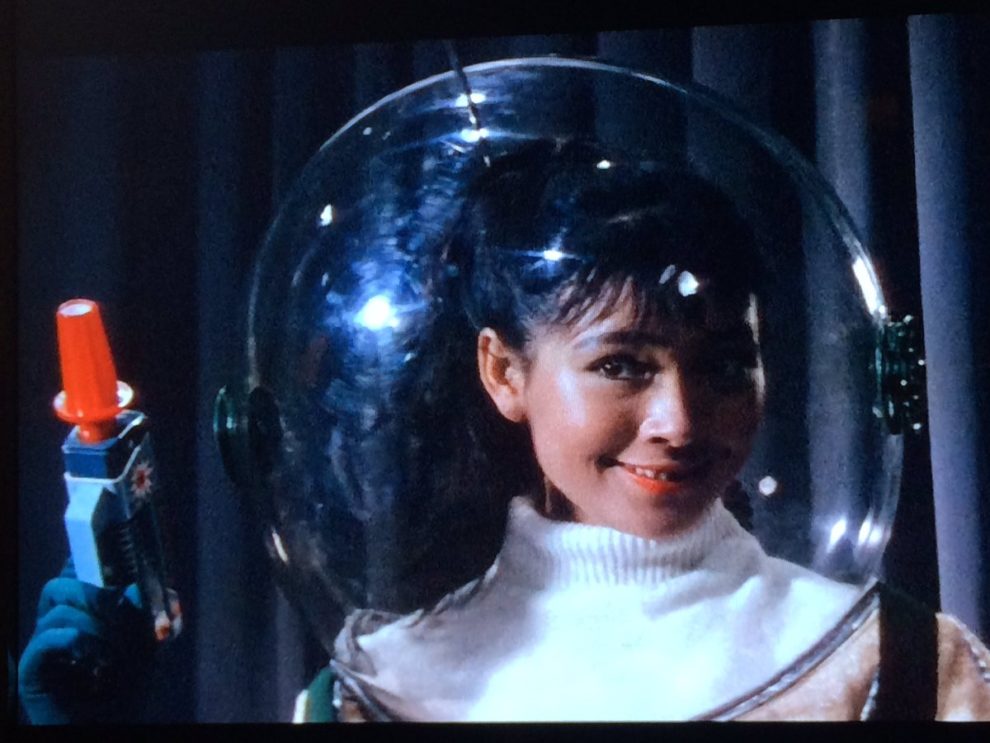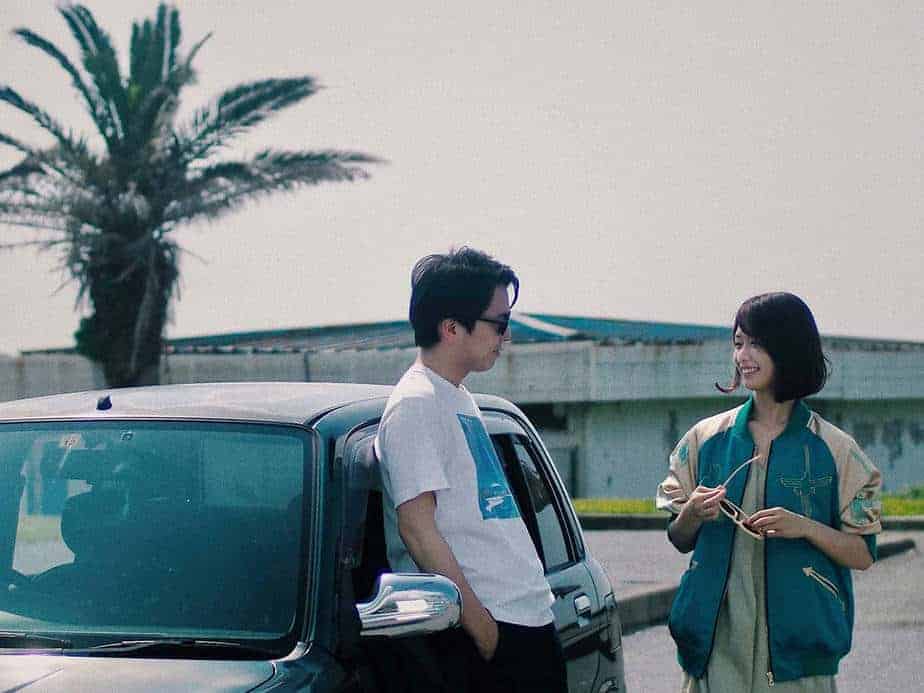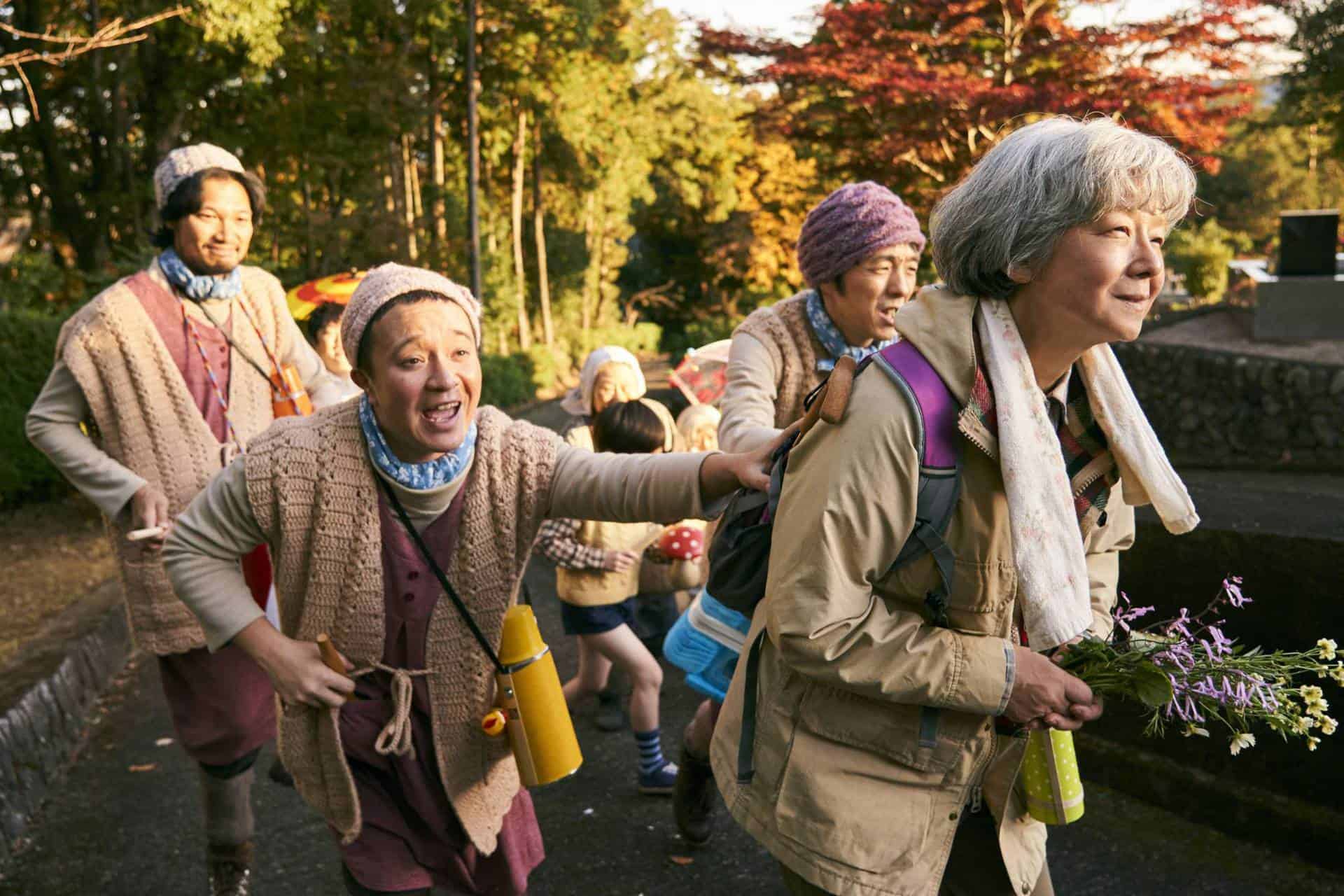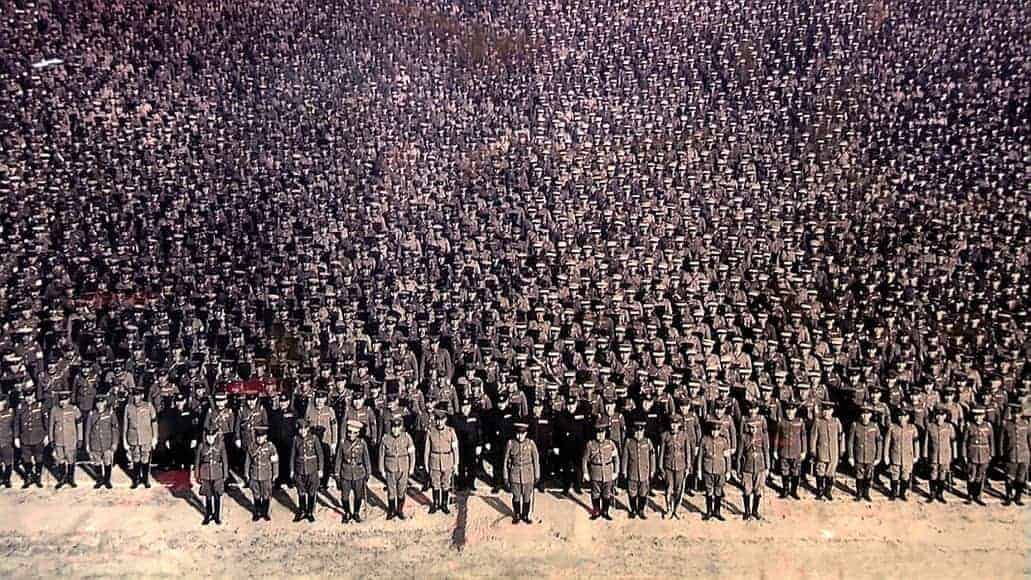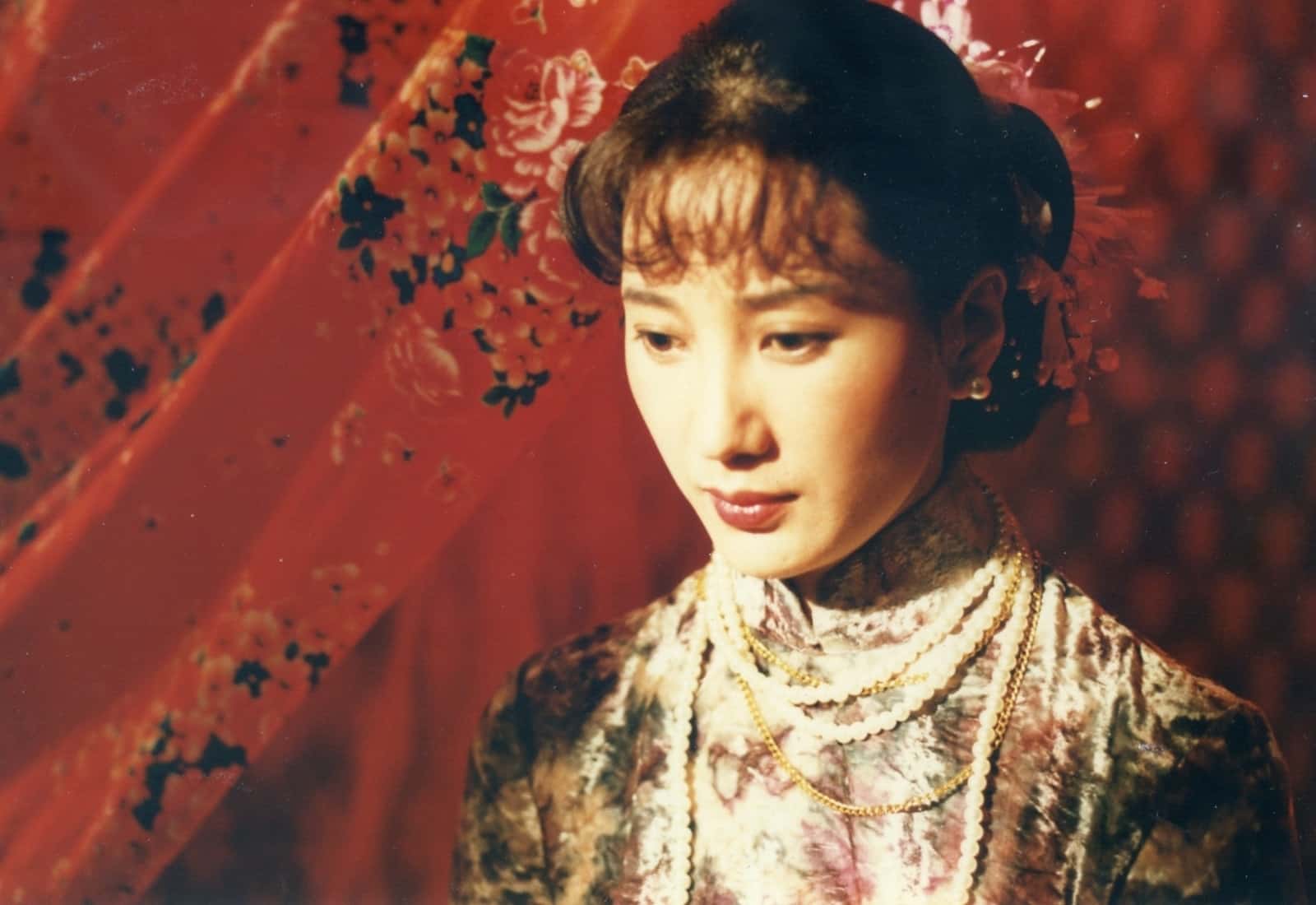With the end of World War II and Japan's defeat, a period of political and social re-orientation took place which then set the foundation for an economic rise on the following decade. Attracted by the capitalist business model, a new kind of war broke out, which, in contrast to the Cold War, was not of ideologies, but one solely based on sales, opportunities and finance. Apart from Japan, many other nations and cultures experienced a rise in importance in the archetype of the businessman and -woman, with concepts such as “free market” and “global economy” having a certain ring to them, of freedom and independence. At the same time, this era also paved the way for a decline in certain values, since morals or dignity take second place next to profit in the eyes of the company. In Japan, Yasuzo Masumura's satire “Giants and Toys”, based on a novel by Takeshi Kaiko, dared to take a look at this new nation, this new mentality as well as the kind of people and attitudes it produced.
Buy This Title
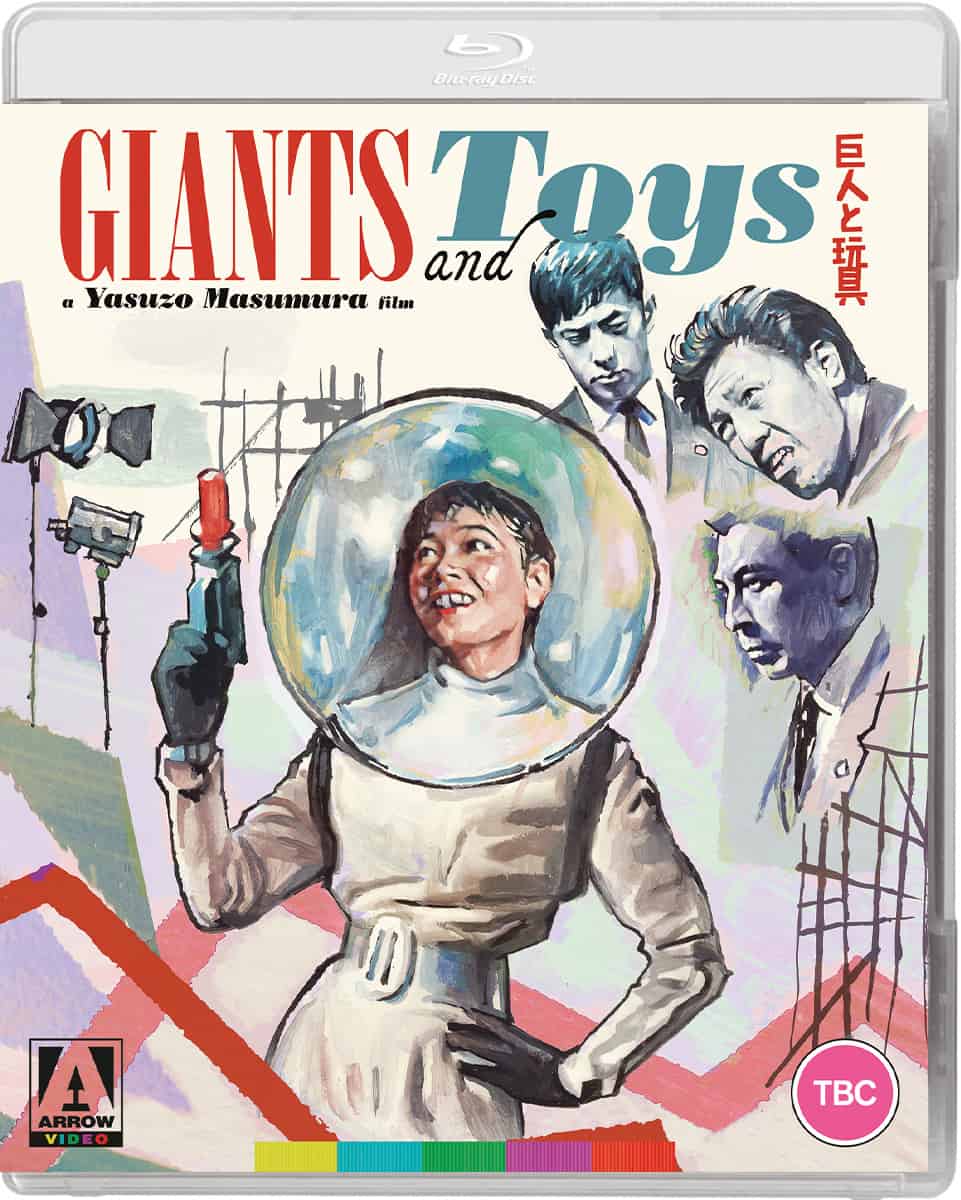
Within the hierarchy of the World candy company, one of three in Japan, Ryuji Goda (Hideo Takamatsu) has done everything in his power to increase the firm's power structure, resulting in his influential position within the publicity department. However, as his company is searching for new ways to market their brand of caramels, he sees another opportunity to rise even further and comes up with a plan. To set World apart from the competition, the Giant and Apollo company, he and his assistant Yousuke Nishi (Hiroshi Kawaguchi) want to start a promotional campaign using the theme of space as an incentive to increase sales and interest. By chance, the two men encounter Kyoko (Hitomi Nozoe), whose girlish looks and childish demeanor make her the perfect model for the campaign.
However, as Kyoko's popularity rises due to the aggressive marketing campaign, it seems that the competition has not been inactive, with Apollo having the best sales. While Goda is pressured by his superiors to increase sales, his “star” seems to have learned her lesson and is now unwilling to follow instructions from those who just want to exploit her. In the meantime, Nishi's idealism and work ethics are also dampened, as he gets to know about the shady side of the business, which does not allow for friendship or morals.
Although “Giants and Toys” is by no means a war movie, its characters, their behavior and certain images certainly remind the viewer of this particular genre. With the architectures of power taking center stage in many scenes – the meeting rooms and the executive offices – , it seems as if the power (or rather influence) within society has shifted, at least in the eyes of the marketing and sales people we meet during the course of the movie. One of the most recurring, and admittedly most eloquent images is Goda's lighter, whose sound (it needs several attempts before working) resembles the rhythm of commerce as it is superimposed on a collage of images showing, for instance, the marketing campaign or Kyoko's rise to fame. Director Masumura along with cinematographer Hiroshi Murai seem to suggest the way of the world, current events and people's tastes are dictated by these people, businessmen in offices looking down on the “flood of humanity”, as Goda puts its at the beginning, considering themselves the new leaders of the world.
Along with the concepts of this new mentality and the war-rhetoric of people like Goda, Yoshio Shirasaka's script also highlights the human and social repercussions of this new world, in an often satirical way. The joke, to use the famous saying, is certainly on those still clinging to ideals, like Nishi's emphasis on friendship over business or Yashiro, Goda's colleague, reminding his co-workers of honor and dignity, cornerstones of bushido. While a stronger focus on Hideo Takamatsu's character would have benefited the satirical angle of the production, “Giants and Toys” certainly highlights how the loss of principles as well as the rising significance of commerce, results in human suffering, both physical and psychological, with characters, in the end, embracing profit over ideals and fame over character.
“Giants and Toys” is a satire on the rise of capitalism in post war-Japan and a portrayal of the mentality that came with it. Whereas certain nuances could have supported the ironic angles of the narrative, making it more bating and acidic as it already is, director Yasuzo Masumura's movie still remains quite insightful, to come extent prophetic even considering the kind of cutthroat business model of today's companies.


